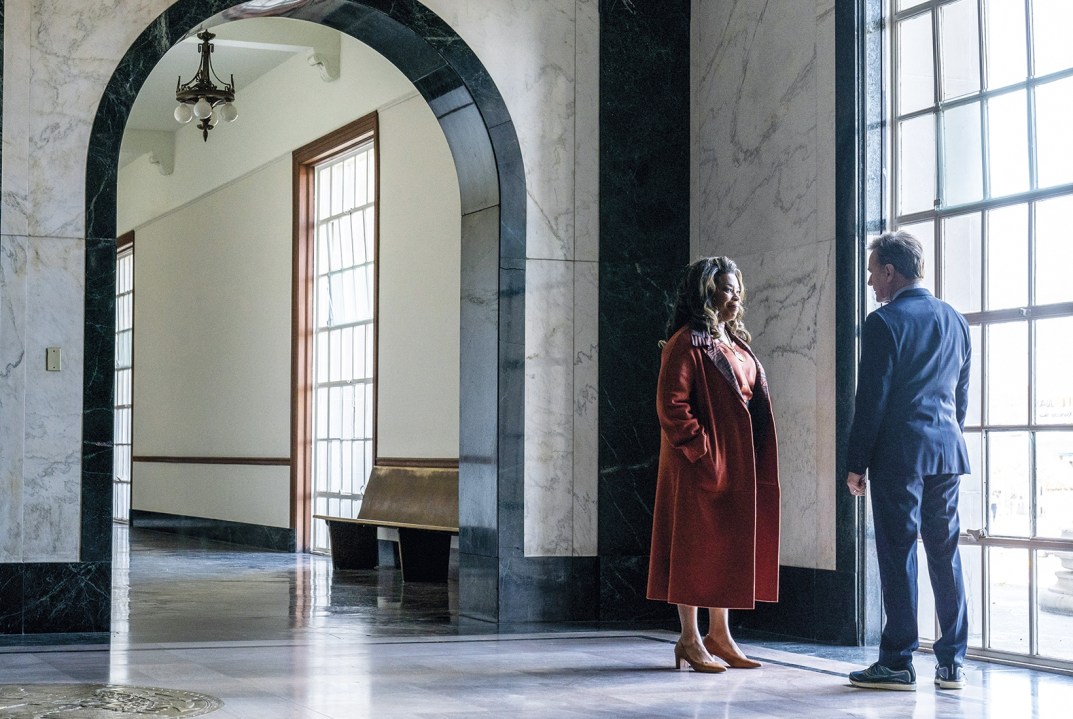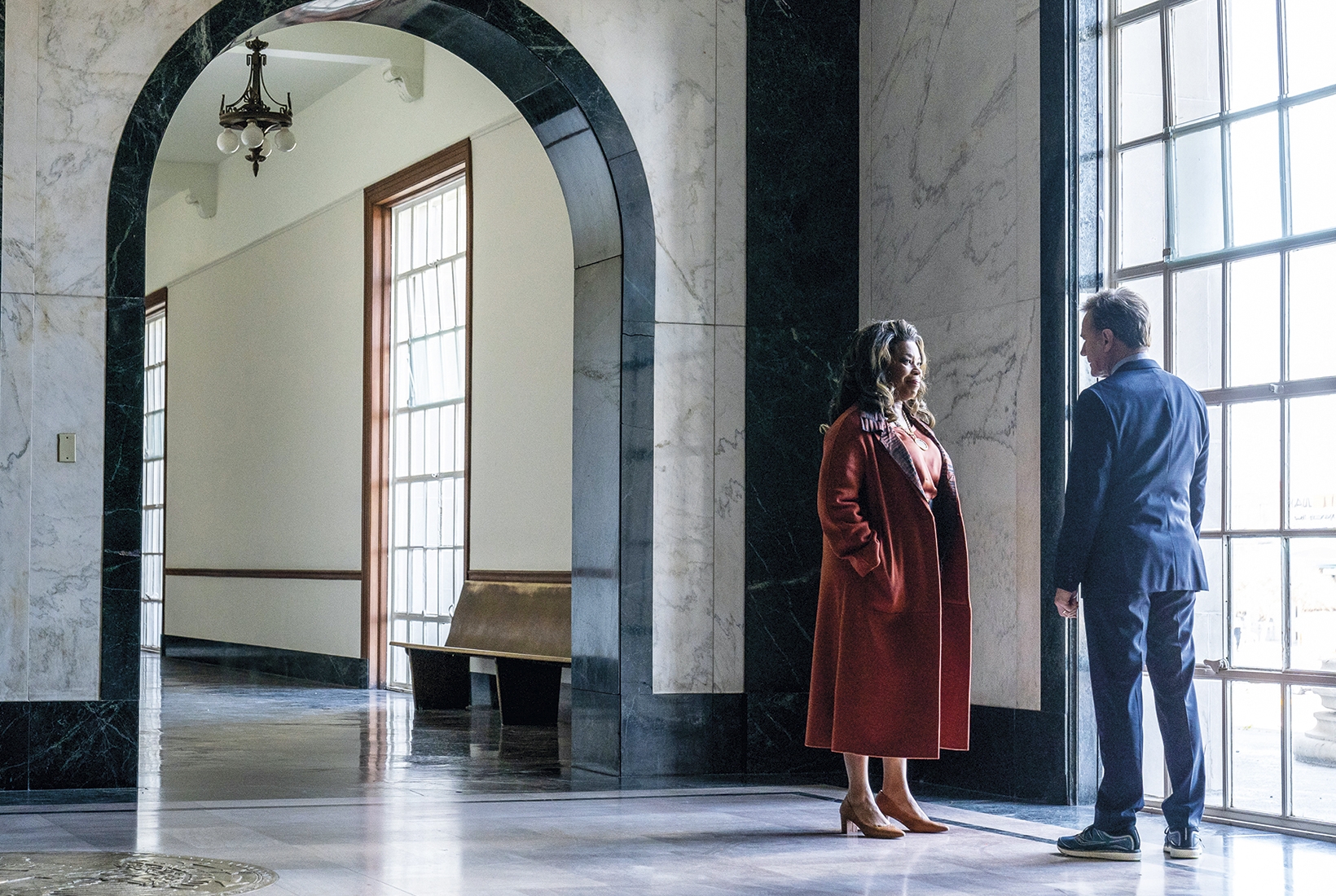I’m really not enjoying Your Honor, the latest vehicle for Bryan Cranston to play a good man driven to the dark side by extraordinary and compelling circumstances designed to make the viewer go: ‘There but for the grace of God go I…’
The problem with the compelling circumstances in this case is that they feel so desperately contrived. Cranston plays a priggishly upright New Orleans judge who radiates implausible goodness and rectitude. We first glimpse this during the case of a trial of a black woman accused by police of concealing drugs in an intimate part of her anatomy. A white cop, sweating integrity, swears on the witness stand that he has witnessed her doing it. Open and shut case, right?
But in an earlier scene we’ve witnessed Cranston, jogging in his hoodie through a poor neighbourhood and peering through the glass in the doorway of a ‘shotgun’ house, so called because it comprises a long passageway with all the rooms on either side, down which you could fire a shot straight through to the other side of the house. The relevance of this emerges in court. Cranston’s Judge Desiato has realised that there’s no way this cop could have witnessed what he claims. So, having delivered a finger–wagging lecture to the shameless, presumably racist cop and the court on how grievously this poor woman’s children would have suffered had she been convicted, he dismisses the case.
You’ll never guess who the victim was… Why, he’s only the son of the most evil mafia boss in Louisiana
So he’s not just a judge with the wisdom of Solomon and the probity of St Francis, but also something of a Hercule Poirot. Plus, his best mate, or soul brother if you prefer, is the city’s aspirant mayor (Isiah Whitlock Jr), who is a wise and dapper black gentleman.









Comments
Join the debate for just £1 a month
Be part of the conversation with other Spectator readers by getting your first three months for £3.
UNLOCK ACCESS Just £1 a monthAlready a subscriber? Log in